
Hello everyone, it's Dr. J here in the house today! I’m going to do a quick chat on a critical topic—gut inflammation. We’ll discuss the top six causes of gut inflammation, their root causes, and symptoms. Then, we’ll open it up for a Q&A. Before we dive in, please smash that like button—it really helps the YouTube algorithm. Put your comments down below and let me know your experience with gut inflammation. Let’s dive in!
Gluten is a significant culprit behind gut inflammation. It increases gut permeability, allowing undigested foods, bacteria, and other compounds to enter the bloodstream and create inflammation. This is a primary trigger for autoimmune conditions. Alongside gluten, other food allergens like casein, refined sugars, and junky fats also contribute to gut inflammation.
Gluten is found in many common foods such as bread, pasta, cereals, and baked goods. When consumed by sensitive individuals, it can cause the immune system to react aggressively, damaging the lining of the small intestine. This damage increases gut permeability, often referred to as “leaky gut,” which can lead to systemic inflammation and trigger various autoimmune responses. Avoiding gluten and other known allergens like dairy and refined sugars can significantly reduce inflammation and improve gut health.

Infections such as parasites, bacterial overgrowth (SIBO), fungal overgrowth, and H. pylori are major sources of gut inflammation. These infections stress the gut’s enteric nervous system, leading to increased gut permeability and compromised adrenal function. This makes it challenging to digest food properly, further perpetuating the cycle of infection and inflammation.
For instance, SIBO involves an abnormal increase in the population of bacteria in the small intestine, which can interfere with nutrient absorption and cause symptoms like bloating, diarrhea, and abdominal pain. Treating these infections often requires targeted antimicrobial therapies and lifestyle adjustments to restore a healthy balance of gut bacteria.
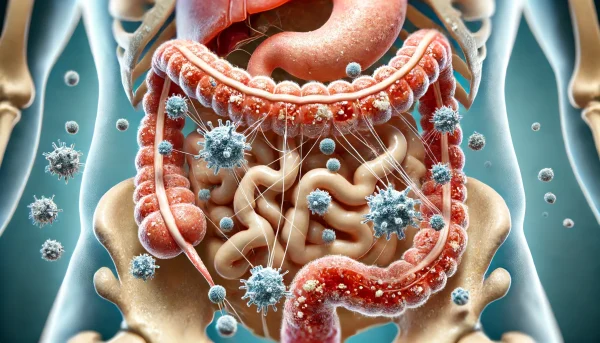
Insufficient digestive secretions—like enzymes, stomach acid, and bile salts—hinder proper food breakdown and assimilation. These secretions have antimicrobial properties, helping to prevent bad microbial growth. When these are lacking, food can rot, ferment, and purify in the gut, causing further inflammation.
Enzymes and stomach acid are crucial for breaking down proteins, fats, and carbohydrates into smaller molecules that the body can absorb. Bile salts, produced by the liver and stored in the gallbladder, are essential for the digestion and absorption of fats. A deficiency in any of these digestive components can lead to malabsorption, nutrient deficiencies, and increased susceptibility to gut infections.
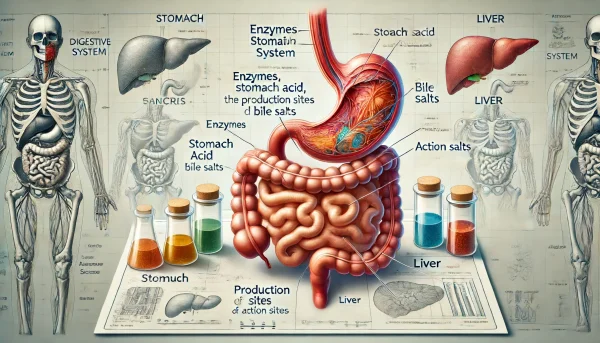
Antibiotics, while sometimes necessary, can significantly disrupt gut flora by killing off beneficial bacteria and allowing harmful bacteria and fungi to overgrow. This imbalance increases oxidative stress and can lead to antibiotic resistance, making future infections harder to treat.
Overuse of antibiotics is a major concern as it can lead to the development of antibiotic-resistant bacteria, also known as “superbugs.” These bacteria are difficult to treat and can cause severe infections. It's crucial to use antibiotics judiciously and support the gut with probiotics and prebiotics during and after antibiotic treatment to maintain a healthy microbiome.
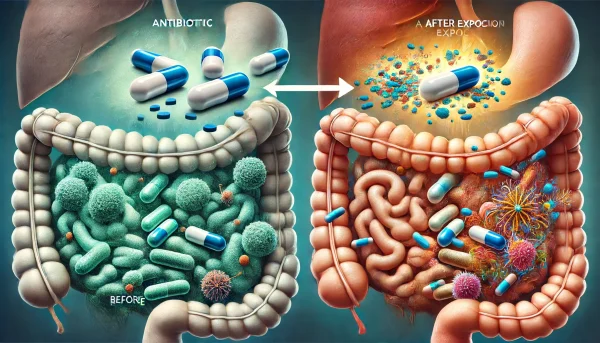
Consuming bad fats, especially refined omega-6 fats and trans fats, exacerbates gut inflammation. These fats increase inflammatory markers in the body, leading to a heightened state of chronic inflammation.
Foods high in unhealthy fats include fast food, fried items, and processed snacks. These fats can disrupt the balance of omega-3 and omega-6 fatty acids in the body, promoting inflammation. Replacing these with healthy fats like those found in fish, avocados, nuts, and seeds can help reduce inflammation and support overall health.

Acid-blocking medications can impair digestion by reducing stomach acid, which is necessary for breaking down food and absorbing nutrients. This can lead to further gut stress, poor nutrient absorption, and increased risk of infections.
Stomach acid plays a critical role in protecting against pathogens and facilitating the digestion of proteins. Long-term use of acid-blocking medications, such as proton pump inhibitors (PPIs), can lead to deficiencies in essential nutrients like vitamin B12, calcium, and magnesium, and increase the risk of gastrointestinal infections.
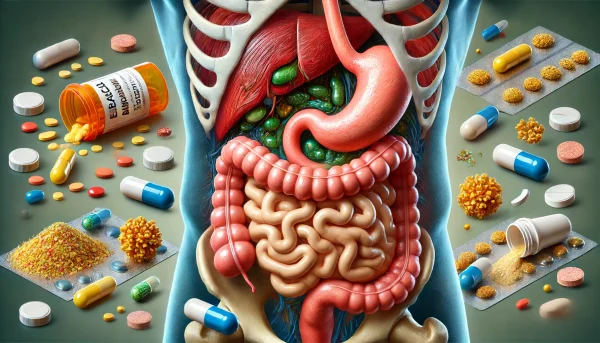
Clinical Symptoms: Check for pain, irritation, bloating, reflux, constipation, or irregular bowel movements.
Diagnostic Markers: Look for increased levels of calprotectin, imbalances in immune markers like IgA, and low elastase markers. A history of infections like SIBO, parasites, and H. pylori also indicates gut inflammation.
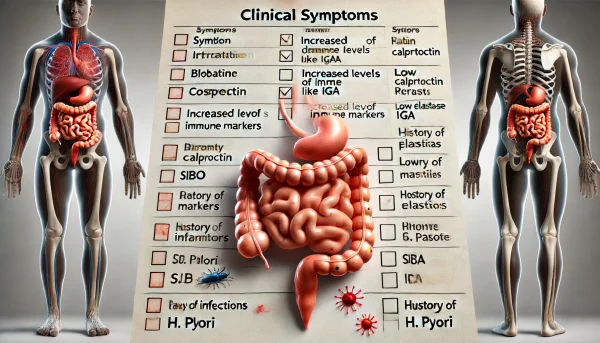
Question: What do you think of fermented cod liver oil?
Answer: Fermented cod liver oil is beneficial as it contains vitamin K, good fatty acids, and probiotic benefits from fermentation. Quality brands are important.
Question: How does removing the gallbladder affect digestion?
Answer: Without a gallbladder, bile drips continuously from the liver, lacking the concentration and timed release needed for optimal fat digestion. This can lead to digestive issues.
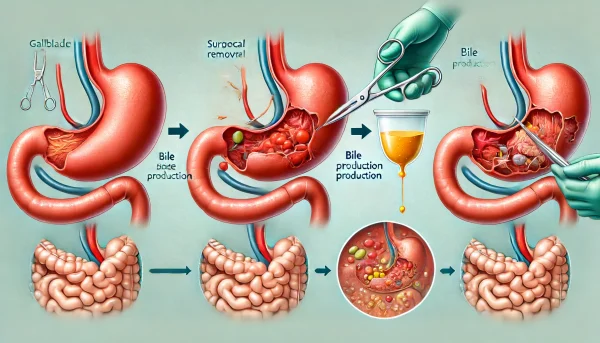
Addressing gut inflammation requires understanding its root causes, from diet and infections to medication use. By making dietary adjustments, ensuring proper enzyme and bile production, and avoiding unnecessary antibiotics, you can significantly reduce gut inflammation.
For a more in-depth look at your specific gut health concerns, I recommend scheduling a free consultation with me. Visit www.justinhealth.com/free-consult to set up your appointment and explore a personalized treatment plan.

=====================
Discover the benefits of our Supplement Foundation Packs at Just In Health.com, designed to complement your daily wellness routine. Each pack is carefully curated to provide essential nutrients, supporting your overall health and well-being. Explore our selection and find the perfect match for your lifestyle needs.